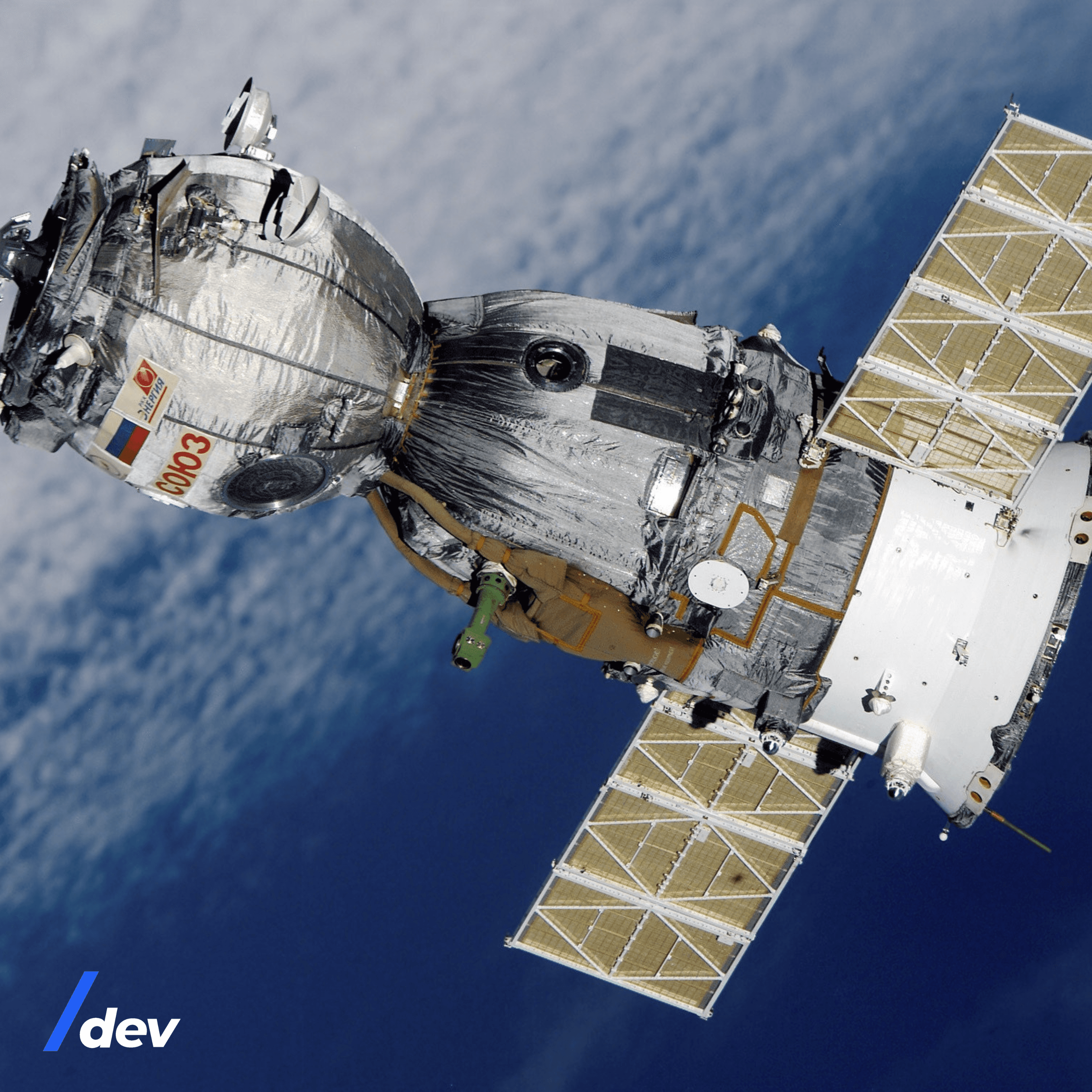Software Services
For Companies
Products
Build AI Agents
Portfolio
Build With Us
Build With Us
Get Senior Engineers Straight To Your Inbox

Every month we send out our top new engineers in our network who are looking for work, be the first to get informed when top engineers become available

At Slashdev, we connect top-tier software engineers with innovative companies. Our network includes the most talented developers worldwide, carefully vetted to ensure exceptional quality and reliability.
Build With Us
Revolutionizing Space Technology with AI: Exploring the Future of Exploration/


Introduction
The field of space technology has always been at the forefront of innovation, pushing the boundaries of human knowledge and exploration. Now, with the advent of Artificial Intelligence (AI), we are witnessing a new era of advancements in space technology. In this article, we delve into the fascinating ways in which AI is being utilized to revolutionize space exploration, satellite systems, and mission planning. Join us as we explore the development details and the immense potential of AI in shaping the future of space technology.
AI-Powered Satellite Systems

Autonomous Operations
AI enables satellites to operate autonomously, making real-time decisions and adjusting their activities based on data analysis. This capability enhances the efficiency of satellite systems and reduces the reliance on ground control.
Image Analysis and Object Detection
AI algorithms can analyze satellite imagery to detect and identify objects, such as celestial bodies, space debris, or potential landing sites. This information is invaluable for scientific research, mapping, and mission planning.
Data Compression and Transmission
AI algorithms optimize the compression and transmission of data collected by satellites, reducing bandwidth requirements and enabling faster and more efficient data transfer. This ensures the timely delivery of critical information from space missions.
AI in Mission Planning and Navigation
Trajectory Optimization
AI algorithms can compute optimal trajectories for space missions, considering various parameters such as fuel efficiency, gravitational forces, and planetary alignments. This aids in planning interplanetary missions and optimizing spacecraft routes.
Spacecraft Autonomy

AI enables spacecraft to make autonomous decisions during missions, adjusting their trajectory, and adapting to unforeseen situations. This enhances the safety and success rate of space missions while reducing dependence on ground control.
Collision Avoidance
AI algorithms can predict and mitigate the risk of collisions between satellites, space debris, and other celestial bodies. By continuously monitoring the space environment, AI helps in safeguarding valuable assets and maintaining orbital safety.
AI in Space Exploration
Autonomous Rovers and Robotics
AI-powered rovers and robots are designed to explore extraterrestrial environments autonomously. These machines can navigate challenging terrain, collect samples, and perform scientific experiments, expanding our understanding of other celestial bodies.
Data Analysis and Pattern Recognition
AI algorithms are instrumental in analyzing vast amounts of space data, identifying patterns, and extracting meaningful insights. This aids in discovering new phenomena, uncovering hidden knowledge, and accelerating scientific breakthroughs.
Exoplanet Exploration
AI plays a significant role in analyzing data from space telescopes and identifying potential exoplanets. Machine learning algorithms help in detecting planetary transits and analyzing atmospheric compositions, contributing to our search for habitable worlds beyond our solar system.
Future Prospects and Challenges
Advanced Robotics and Human-Machine Collaboration
AI-powered robotics holds great potential for future space exploration, with the possibility of deploying humanoid robots to perform complex tasks alongside human astronauts. This collaboration can enhance the efficiency and safety of space missions.
Deep Space Communication
AI can revolutionize deep-space communication by optimizing signal processing, reducing latency, and enhancing data transfer rates. This will enable real-time communication with astronauts and spacecraft in distant parts of the universe.
Ethical Considerations
As AI continues to advance in space technology, ethical considerations such as data privacy, algorithm transparency, and responsible decision-making become crucial. Safeguarding the integrity and ethical use of AI in space exploration is of paramount importance.
Conclusion
Artificial Intelligence has emerged as a game-changer in the field of space technology, enabling autonomous operations, advanced data analysis, and efficient mission planning. With AI-powered satellite systems, navigation algorithms, and space exploration robotics, we are entering a new era of space exploration. As we continue to push the boundaries of human knowledge, AI will play a pivotal role in shaping the future of space technology.
To explore more about AI in space technology and other cutting-edge advancements, visit slashdev.io. Discover the latest insights and resources on AI’s transformative impact on space exploration and beyond.

